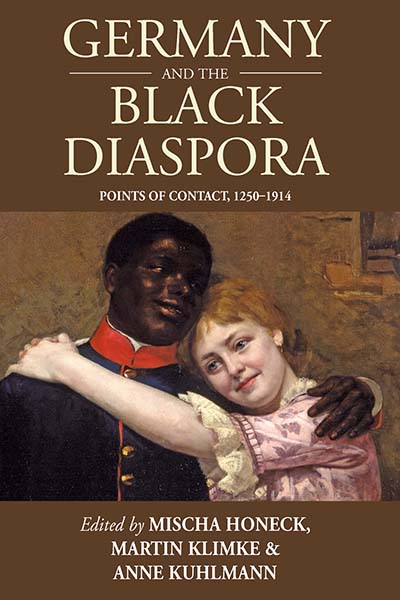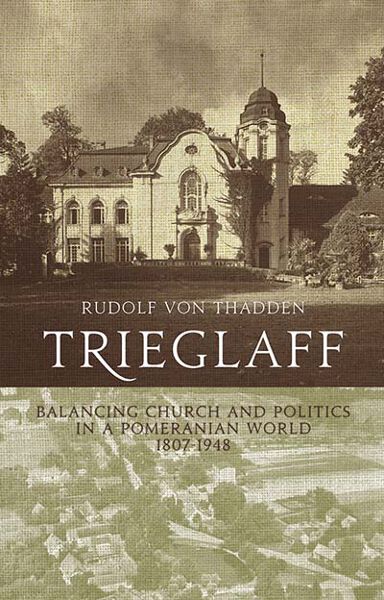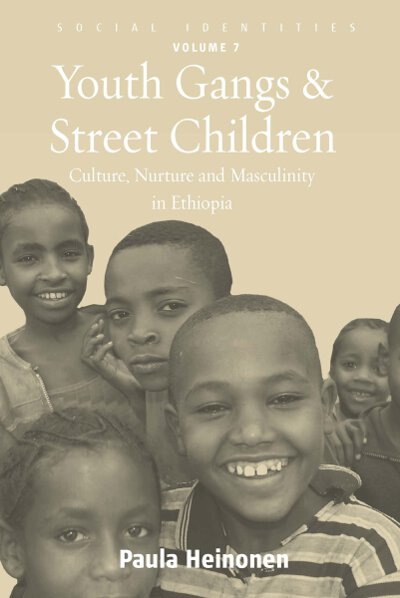If you’ve ever visited France, it is likely you are familiar with the name Charles de Gaulle. The Cold War politics of the widely revered former general and president of France are highlighted in General de Gaulle’s Cold War: Challenging American Hegemony, 1963-68, published this month. Author Garret Joseph Martin writes why these policies—respected by French countrymen and women—so dismayed U.S. leaders of the day. The author shares his thoughts about the figurehead, below.
_________________________________________________
Berghahn Books: What drew you to the study of General Charles de Gaulle?
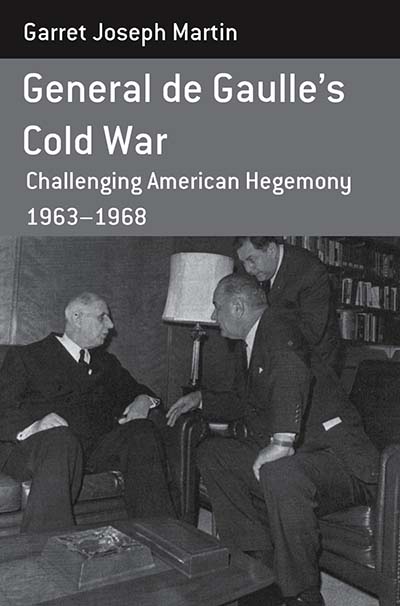
Garret Martin: More than forty years after his death, General Charles de Gaulle remains a towering figure in France, and he was arguably the most influential Frenchman of the twentieth century. Growing up in France, you simply could not escape his presence and his legacy—see the multiple monuments in his honor and the streets named after him.


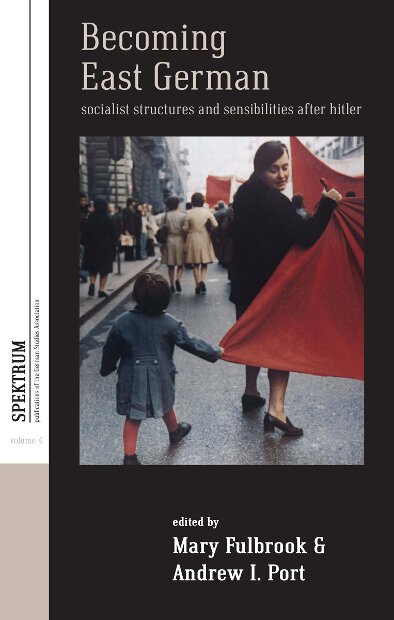
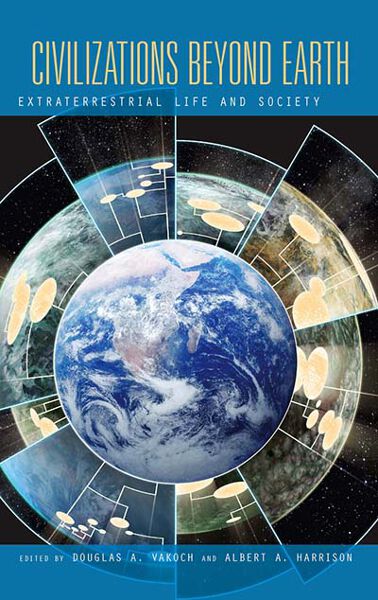
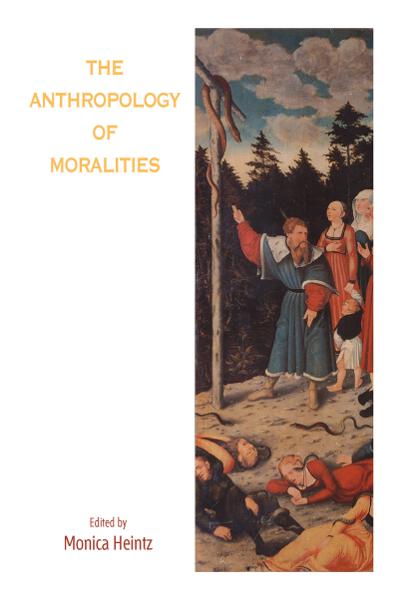 Somehow after 1989 the Eastern bloc got obsessed with values. How could it be otherwise for people who had lived with double sets of values in the public and private spheres and who saw all their public values officially collapse in one night?
Somehow after 1989 the Eastern bloc got obsessed with values. How could it be otherwise for people who had lived with double sets of values in the public and private spheres and who saw all their public values officially collapse in one night?